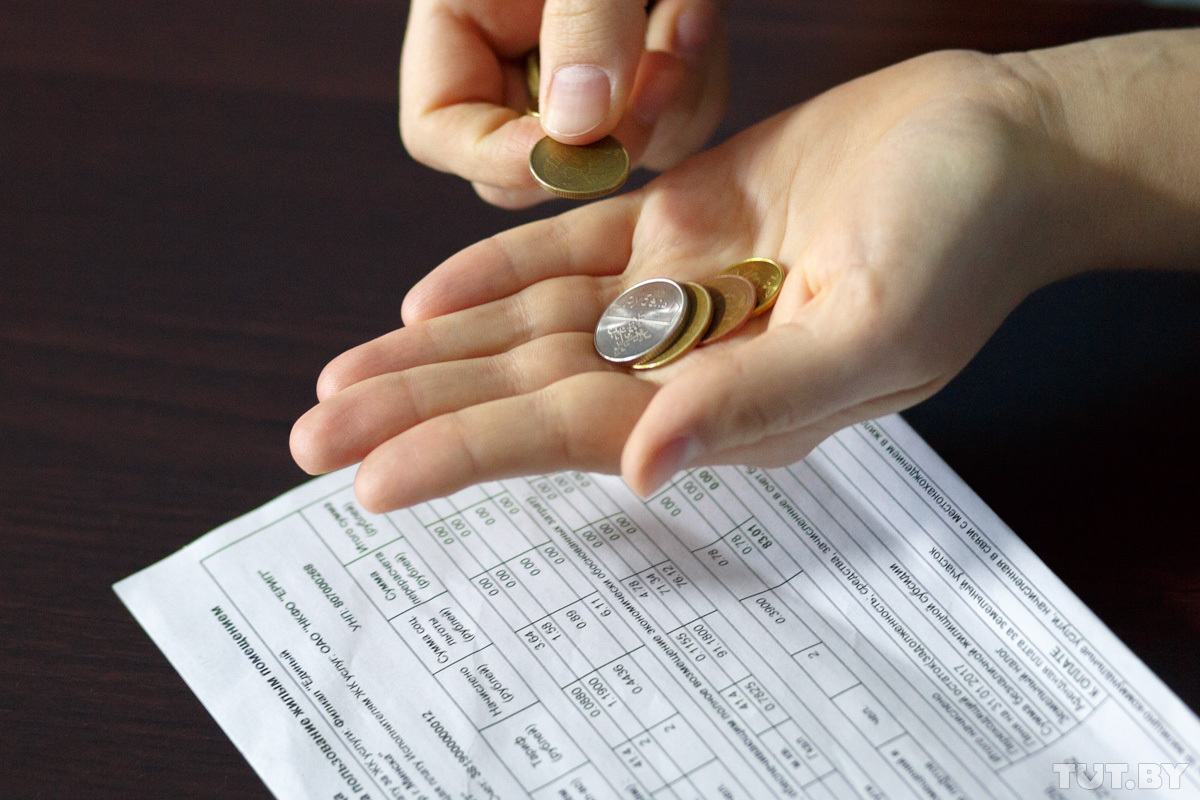The Belarusian government is redistributing state support and reforming housing and communal services due to cooperation with international banks
 The situation has gotten better
The situation has gotten better

The Belarusian leadership has focused on enhancing the loyalty of government decision-makers. The authorities display willingness to reform housing and communal services and relax the business environment for SMEs due to cooperation with international financial institutions. The state, due to economic difficulties, is likely to continue to reform some areas of concern with financial assistance from international lending institutions.
In the absence of opportunities to retain the social contract with the population, the state has focused on rendering greater support to public officials. Since last September, wages in public sector have grown by 37.1%, which was the highest growth as compared with other sectors. Wage growth in public sector was in part due to layoffs within the ongoing optimization in the public administration. Simultaneously, the state has retained some forms of social protection for the population thanks to commercial banks. For example, the authorities have not abandoned free servicing of public accounts and the payment of taxes, duties and other mandatory payments by the population. Meanwhile, bankers seek to decommit to such ‘social’ tasks. In addition, the state insists on retaining banks’ regional branches in areas with small population and refuses to provide a budgetary compensation or enable to shift the costs onto the population.
In addition, the state is revising approaches to redistribution of budget funds, which should lead to a reduction in utility costs. The state’s cooperation with international financial organizations prompts the authorities to a gradual reform in the housing and utility sector and to the modernization of residential properties involving the European Bank for Reconstruction and Development. However, the state’s interests are likely to confront with the interests of the beneficiaries of the state aid among housing and utilities organisations and energy providers.
In 2018, the state plans to implement a cooperation programme with the European Investment Bank on SME development. Most likely, the authorities are ready to make up for the reduced social protection with some liberalisation of entrepreneurship, albeit earlier the president unflatteringly spoke about small business. In addition, apparently the authorities have changed their attitude towards business so as the latter was proposed to participate in the local election campaign. Nevertheless, the state continues to support large state-owned enterprises to preserve employment levels. The Belarusian authorities wary of an increase in protests due to higher unemployment.
Overall, amid languishing state resources, the state continues to narrow social groups subject to state aid. The most resource-intensive spheres would be reformed to boost their efficiency. Cooperation with international lending institutions is likely to inspire market reforms in Belarus.
Subscribe to our newsletter




Situation in Belarus
Constitutional referendum: main consequences


 Video
Video
How to count the political prisoners: are the new criteria needed?


 Video
Video
Paternalism In Decline, Belarusian Euroscepticism, And The Influence Of Russia


 Video
Video












